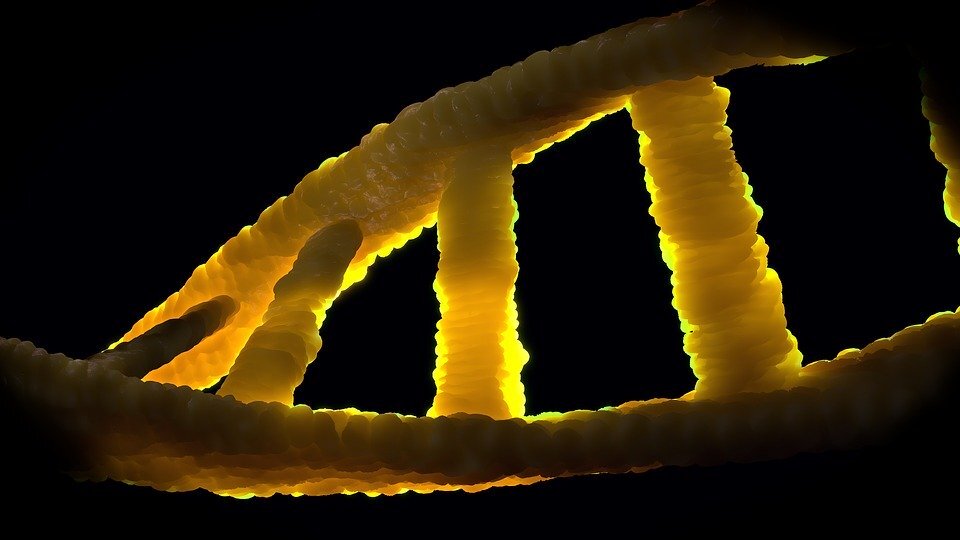In late October NPR reported on the “CRISPR revolution,” saying that scientists have recently developed an easier way to edit DNA and re-write genes with more ease, precision, and safety than ever before.
A field of study first initiated in the 1990s and early 2000s, CRISPR was first discovered by Francisco Mojica, a scientist at the University of Alicante in Spain. According to the Broad Institute’s website, he “proposed that CRISPRs serve as part of the bacterial immune system, defending against invading viruses.” Whenever a CRISPR enzyme recognizes a threatening bacterium, it essentially chops up the offending bacterium’s DNA until it doesn’t exist anymore.
In January 2013, Feng Zhang, a scientist at the Broad Institute of MIT and Harvard, successively used a certain type of CRISPR code called CRISPR-Cas9 to edit the genomes in mouse and human cells.
Zhang, in a video posted on the Broad Institute’s website, describes the process as similar to editing a book. If there’s a wrong word in a book—“big” instead of “little,” for instance—simply removing the word “big” doesn’t fix the sentence. It would also be incorrect to simply add in the word “little.” Instead, the editor must both take out the wrong word (“big”) and replace it with the correct word (“little”).
Similarly, Zhang wants to use CRISPR to find and remove genetic mutations in human DNA (the “wrong words,” so to speak), replacing them with normal, healthy sequences (the “right words”) in order to prevent genetic disease.
However, CRISPR-Cas9, while accurate, has its limitations. For instance, it’s unable to correct genetic mutations in cells such as those that carry Parkinson’s and Huntington’s diseases.
New technology overcomes these limitations. David Liu, a biologist at Harvard and MIT, reported to NPR that this technology, called prime editing, “is really a step—and potentially a significant step—towards this long-term aspiration of the field in which [scientists] are trying to be able to make just about any kind of DNA change that anyone wants at just about any site in the human genome.”
The implications of such technology are breath-taking. On the one hand, while many lives could be saved from lethal genetic diseases, prime editing could also have potentially negative effects on patients, regardless of whether those effects occur on purpose or accidentally.
One primary concern is about the unintended effects of altering a person’s DNA. According to the website SciTechDaily, “a series of studies have suggested that CRISPR may cause cells to lose their cancer-fighting ability, and that it may do more damage to genes than previously understood.” Other unknown consequences could appear as well.
Gene editing also has the potential to be used on embryos in an attempt to create babies that are stronger, healthier, and even more intelligent, a move which could create unfair social disadvantages for those without access to such technology.
It is widely known among the scientific community that CRISPR and other gene editing technology is moving faster than government regulation can keep up with.
In fact, it was only this past July that Governor Gavin Newsom of California signed the first state law to directly address CRISPR technology. This came as a response to one California resident in the business of selling “DIY gene-editing kits,” one of which was apparently supposed to increase muscle mass when properly applied.
The new law, to go into effect in January, prohibits “sales of certain do-it-yourself CRISPR supplies...unless they carry a bold notice ‘stating that the kit is not for self-administration.’” according to the website Technology Review.
Two years prior to this incident, in 2017, the Food and Drug Administration announced that DIY gene-therapy products were illegal. According to their website, the “FDA is aware that gene therapy products intended for self-administration and ‘do it yourself’ kits to produce gene therapies for self-administration are being made available to the public. The sale of these products is against the law. FDA is concerned about the safety risks involved.”
The FDA also cautioned consumers “to make sure that any gene therapy they are considering has either been approved by [the] FDA or is being studied under appropriate regulatory oversight.”
As gene-editing grows faster and easier with new prime editing tech, however, these warnings may go unheeded, requiring stricter legislation.


